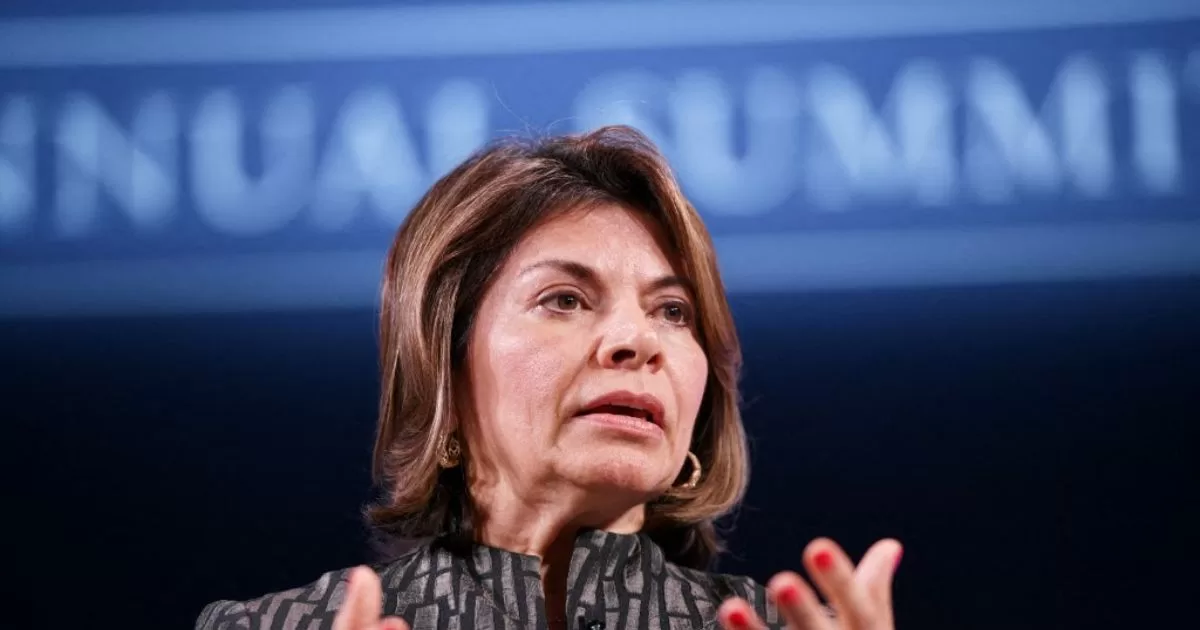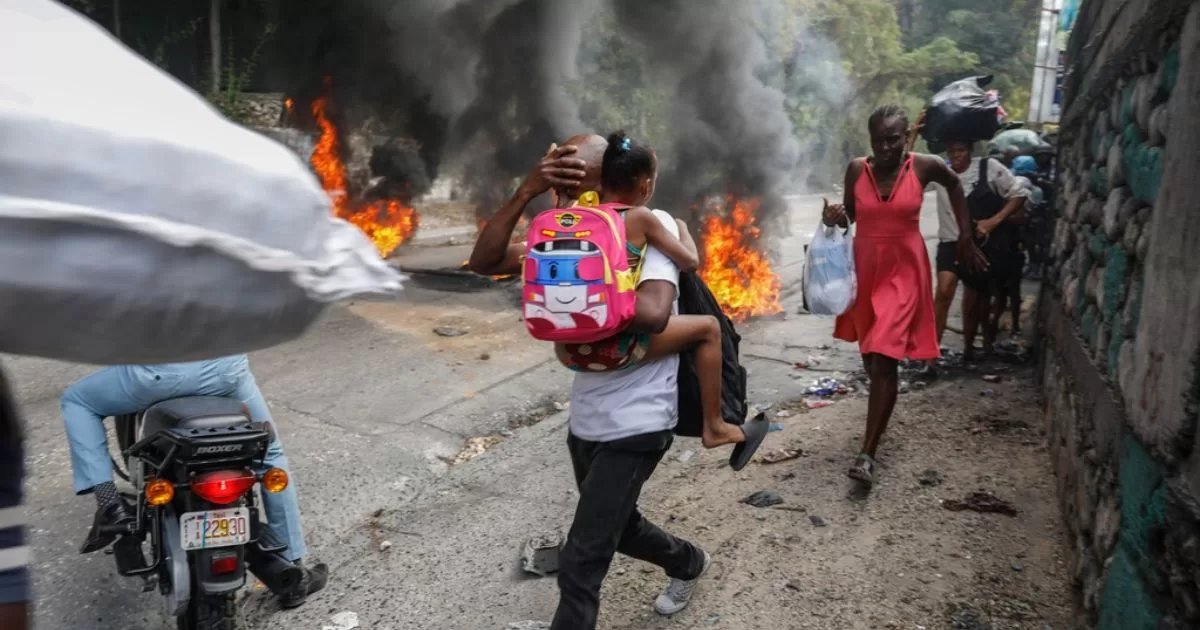The former president of Costa Rica, Laura Chinchilla, shared her experience about the ban on mining in the Central American country, during the De Frente program on TVN.
She explained that, in 2010, when she was a presidential candidate, she committed to reviewing the mining concession that had been granted to the Crucitas project. The concession had been granted by the previous government, and generated strong rejection from civil society, which feared the environmental impacts that mining exploitation could cause.
Once in government, Chinchilla kept his promise and signed a decree prohibiting open pit mining in Costa Rica. The decision was supported by the majority of the population, but also generated controversy, as some mining companies sued the Costa Rican government for breach of contract.
Chinchilla highlighted that the decision to ban open pit mining was a difficult decision, but it was necessary to protect the environment and the country’s sustainability.
“The truth is, it was the decision we could make. Not only was it going to generate a scenario of extreme social tension like the one that ended up happening in Panama, but it also broke in some way with the tradition that Costa Rica had already applied, of being an economy that accelerated its process towards the green transition and By then, we had also abolished fossil fuel extractive industries, so it was a decision consistent with our sustainable development model,” highlighted the former president.
Chinchilla also noted that the decision to ban open pit mining had a positive impact on tourism, as Costa Rica has become a tourist destination recognized for its natural landscapes. “The country has to take decisive actions to protect the territories and prevent disorderly, anarchic exploitation,” he stressed.
Challenges of democracy in Central America
The former president also referred to the challenges of democracy in Central America, mainly in Guatemala and Nicaragua. Likewise, she made reference to Venezuela.
Regarding Guatemala, Chinchilla said that the role of the Organization of American States (OAS) must be more categorical. “We would like more voices to be raised, it is not the only democracy that we could lose in the region. In 10 years we lost two, Venezuela and Nicaragua and in both cases, it was a kind of duly announced coup d’état, which took place gradually and the fear we have is that when the OAS hits the table it will be too late. ”.
Regarding Nicaragua, he said that the scenario is very gloomy. “Having let Daniel finish consolidating the nepotist dictatorship gave wings to the authoritarians of other Central American countries, because everyone is running after Nicaragua, we see the trends in Guatemala and we see equally worrying trends in El Salvador,” he said.
“I obviously cannot dispute President Bukele’s popularity. The issue here is that when we govern in democracy the element of popularity is a reference in the exercise of power, but what truly defines the exercise of a president in democracy is respect for the Constitution, the rule of law and the precepts that It implies a democracy in terms of independence of powers, all of which, in El Salvador, has been violated,” he stated.
Chinchilla concluded his speech by urging Panamanians to vote thoughtfully in the next general elections. “Hopefully it will be a thoughtful vote and they will weigh in on what should be protected, at least one person who guarantees the balances that Panama has managed to maintain until now.”
(email protected)
Source: Account of the social network X, formerly Twitter, of former president Laura Chinchilla, TVN



